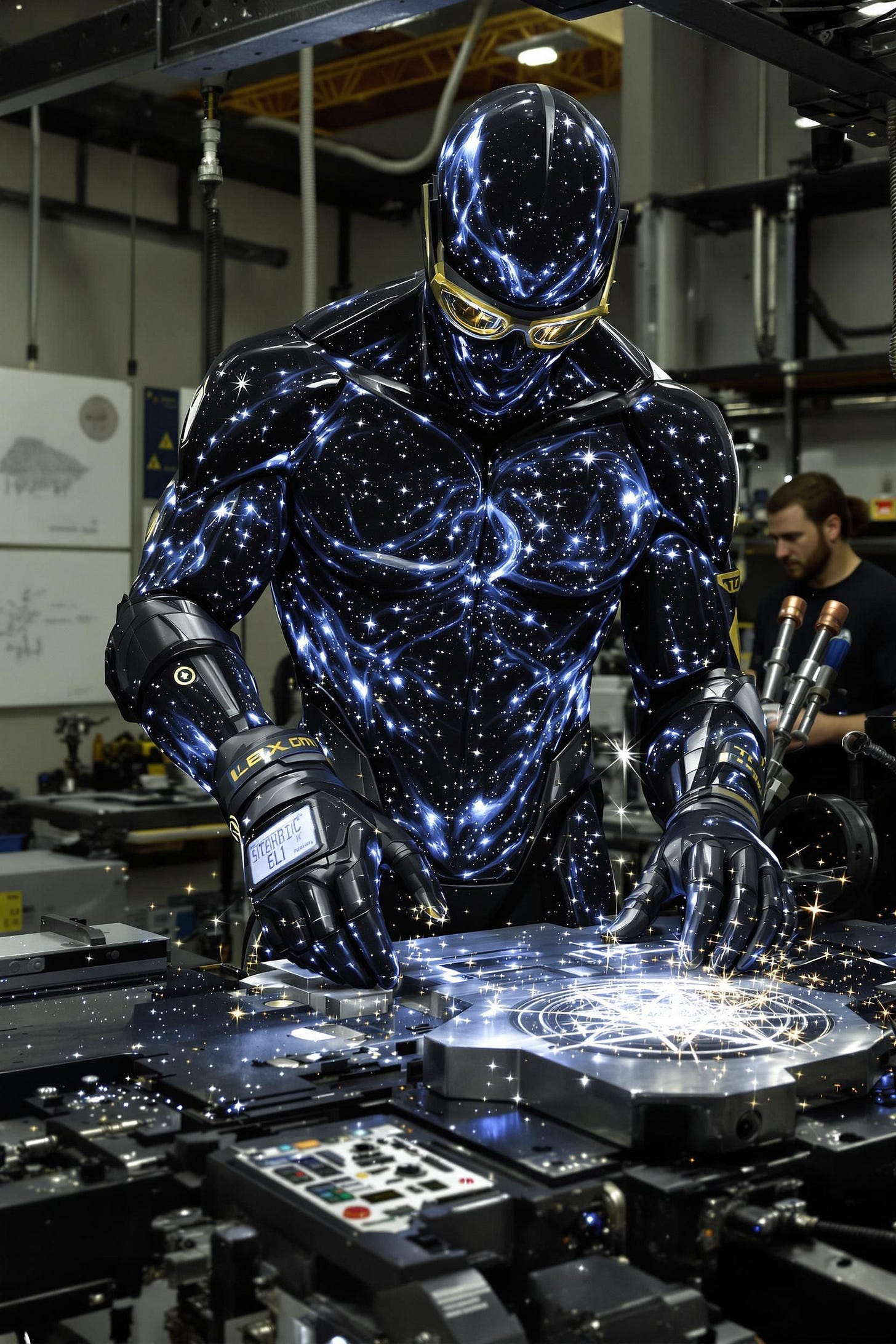Reward Modeling Reasoning Tuned!
Fine tuning should consider reasoning are a foundational standard
Paper: RM-R1: Reward Modeling as Reasoning
Researchers from University of Illinois Urbana-Champaign, University of California - San Diego, Texas A&M University, Stevens Institute of Technology are interested in Reasoning Reward Models (REASRMS), particularly RM-R1.
Hmm..What’s the background?
Reward modeling (RM) is a crucial component for aligning large language models (LLMs) with human preferences, especially through reinforcement learning from human feedback (RLHF). RMs serve as scalable proxies for human evaluators in LLM post-training. To provide accurate reward signals, a reward model should ideally stimulate deep thinking and conduct interpretable reasoning before making a judgment internal knowledge and language modeling.
So what is proposed in the research paper?
Here are the main insights:
This initial stage uses high-quality synthesized data (from "oracle" models like o3 or claude-3-7-sonnet) to bootstrap the instruct model's reasoning ability for reward modeling. This acts as a warm start
Following distillation, RL is used to further strengthen the model's ability to conduct reward-based reasoning. This addresses issues like overfitting that can occur after distillation alone. RM-R1 treats the reward model as a policy model to be optimized
Beyond final performance, RM-R1 consistently yields highly interpretable and coherent reasoning traces. Analysis shows that reasoning training is effective, yielding substantial gains and outperforming non-reasoning counterparts (SFT-only methods)
What’s next?
We need to explore Using REASRMS with active learning techniques to query human preference only when the current set of rubrics is insufficient for evaluating a new preference sample.
Fine tuning should consider reasoning are a foundational standard
Learned something new? Consider sharing it!


